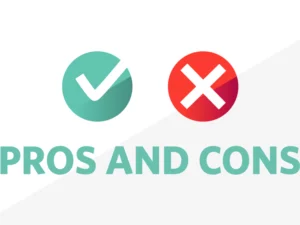Transition tips for physicians who want to make the switch to working temporary locum tenens assignments.
Category - Locum Tenens
A physician explains how locum tenens for orthopedic surgeons helps him stay sharp, gain career flexibility, and boost income.
Explore four job options for retired healthcare professionals to use their skills without a long-term commitment.
Dr. Sandeep Aggarwal explains why locum tenens is a great late-career option for physicians nearing retirement.
Physicians discuss how locum tenens pay helps reduce debt, start businesses, and improve work/life balance.
Considering your first locum tenens job? Seven physicians weigh in on the pros and cons.
The definition of locum tenens and a beginner's guide to the locum tenens industry and how it works for physicians.
If you’re interested in working an international locum tenens assignment, Weatherby can help you get started.
Experts share tips on locum tenens finances in this webinar, covering information for independent contractors.
Here’s how Weatherby Healthcare ranked among other top locum tenens agencies in physician surveys in 2022 and 2023.










